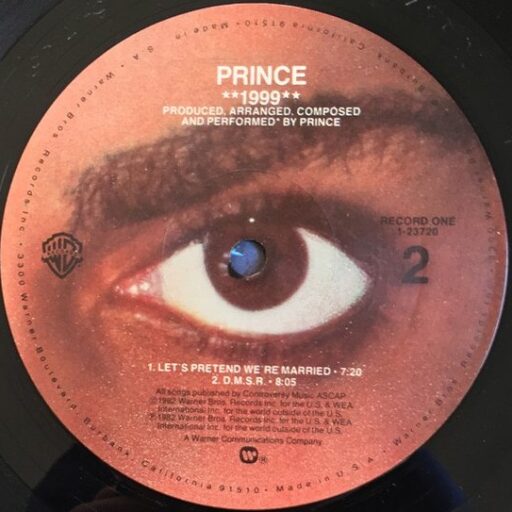Tag: joe jackson
-
Podcast: 40 Years of Dirty Mind
Darling Nisi and Harold Pride return for a third episode in our series of in-depth retrospectives on Prince’s albums, this one for the 40th anniversary of 1980’s Dirty Mind.
-
When You Were Mine
“When You Were Mine” wasn’t Prince’s first classic song, but it was his first standard: timeless, durable, and rewarding of endless reinterpretations by other artists.
